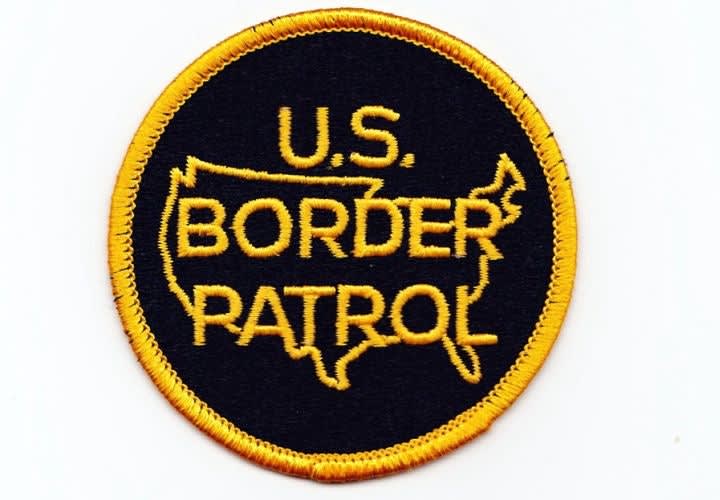Automatic federal budget cuts set to go into effect March 1 would likely trigger mandatory furloughs among agencies such as the FBI, ATF, and Border Patrol, as well as sharp reductions in grants that bring equipment and personnel to local agencies.
The Budget Control Act of 2011 implemented a process known as budget sequestration, which requires the Department of Justice and Department of Homeland Security to each absorb a 9% funding cut.
"If there is a sequestration, it would have a terribly adverse effect on law enforcement," said James Pasco, executive director of the Fraternal Order of Police. "How the agencies administer the cuts is to a degree up to the agency."
The cuts would remove agents from the front lines, Homeland Security Secretary Janet Napolitano told the Senate's appropriations committee on Thursday.
"DHS simply cannot absorb the additional reduction posed by sequestration without significantly and negatively affecting frontline operations and our nation's previous investments in homeland security," Napolitano said.
On Thursday, a group of Democrats including Senate Majority Leader Harry Reid (Nevada) and Appropriations Committee Chairwoman Barbara Mikulski (Maryland) proposed a package of $110 billion in cuts to replace the $85 billion under sequestration. That plan drew mixed review, reports The Hill.
Federal documents obtained by POLICE Magazine outline cuts likely to be implemented by federal law enforcement agencies.
The Department of Justice would cut more than $1.6 billion from its 2012-13 fiscal budget that runs through Sept. 30.
The DOJ would lose the equivalent of more than 1,000 federal agents to combat violent crime, pursue financial crimes, help secure the southwest border, and ensure national security, as well as the equivalent of 1,300 correctional officers to maintain the safe and secure confinement of inmates in federal prisons.
The FBI, Bureau of Alcohol, Tobacco, Firearms and Explosives (ATF), Federal Bureau of Prisons, and U.S. Marshals Service would immediately furlough employees.
To cut $550 million, the FBI would furlough all personnel for 14 days, implement a hiring freeze, and curtail joint task forces dealing with human trafficking, terrorism, organized crime, and other areas.
To cut nearly $60 million, the ATF would be forced to reduce criminal investigations, firearms and explosives industry inspections, firearms and explosives permitting, and firearms tracing.
"These reductions make no sense considering our emphasis on fighting gun violence and they would thwart the President's plan to protect our children and our communities from gun violence," Attorney General Eric Holder wrote in a Feb. 1 letter to Mikulski.
To cut nearly $60 million, the U.S. Marshals Service would furlough its employees for 13 days, implement a hiring freeze, and reduce the number of marshals assigned to seek and capture fugitives.
Homeland Security cuts would reduce the operations of U.S. Customs and Border Patrol agents, Immigrations and Customs Enforcement, and the Secret Service.
The cuts could come as President Obama and federal lawmakers begin prioritizing immigration reform and border security. To cut more than $500 million, the U.S. Customs and Border Protection would reduce staffing at points of entry by implementing furloughs, reducing overtime pay, and reducing hiring of "backfill" positions, Napolitano said.
The Coast Guard would curtail air and surface operations by 25% and defer training.
Under sequestration, ICE would reduce detention and removal operations, curtail investigations, and reduce or eliminate funding for wiretaps under Title III of the Omnibus Crime Control and Safe Streets Act.
U.S. Secret Service agents would face furloughs of up to seven days, which would hinder ongoing criminal and protective intelligence investigations.
State and local law enforcement agencies would be indirectly affected, Pasco added.
"Grants that flow through the Justice Department to state and local law enforcement would be cut even as everything else is being cut," Pasco said. "The money available to state and local law enforcement would be curtailed by this sequester."
By Paul Clinton











